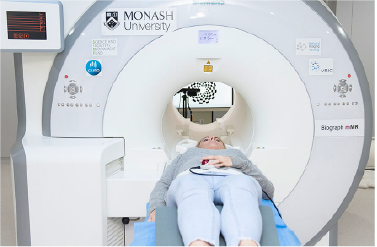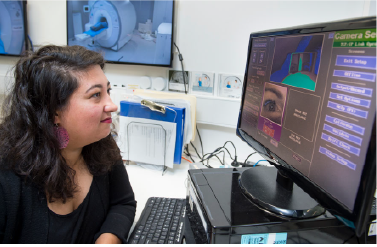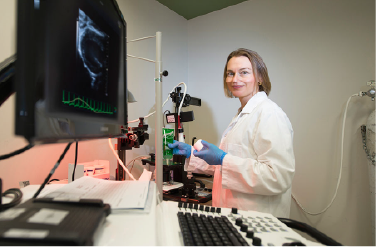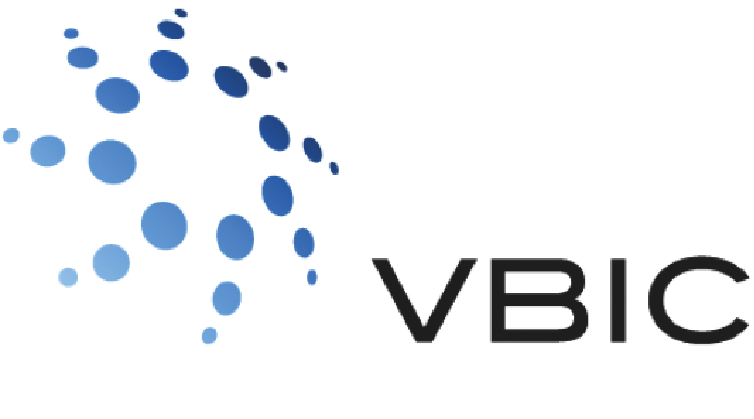
MRI Safety Guidelines
The VBIC nodes with 3 Tesla human MRI facilities have come together to create safety guidelines for research only 3T MRI facilities. The guidelines have been developed with input from the safety procedures implemented at each node, as well as publicly available information from the Royal Australian and New Zealand College of Radiologists and the American College of Radiology.
VBIC MRI Safety Guidelines
MRI Screening Form
The VBIC nodes with 3T MRI scanners have come together to create a guideline for the creation of an MRI patient/research participant screening form. It is based on the screening forms used at each of the Nodes and is included within the VBIC MRI safety guidelines (Section 3).
VBIC MRI Safety Guidelines
Incidental Findings
The purpose of this document is to discuss the ways incidental findings can be handled and their pros and cons. This discussion is based on a review of relevant node documents and input from Node Directors. The outcome of this document is to guide researchers and radiologists in the management of incidental findings in a range of studies (but primarily brain-based MRI scans). An incidental finding is an abnormality discovered unexpectedly in research subject during medical research. A clinically significant incidental finding is one that indicates a subject’s present or future state of health is likely to be affected by the finding.
Reporting Incidental Findings
MRI Quality Control
The VBIC has produced a discussion paper on QC/QA for MRI data along with details for its proper design and implementation. The document contains general guidelines to develop a QC program, possible approaches and an addendum that outlines commonly used imaging markers.
MRI Quality Control DiscussionThe VBIC nodes with 3 Tesla human MRI facilities have come together to create training guidelines for research only 3T MRI facilities. With input from the safety procedures implemented at each node, as well as publicly available information, the VBIC Node Directors have developed a guideline to train non-radiographers in the use of MR scanners under specific circumstances (the first research completed the training in 2014, here’s what they think). The documents comprising the guideline (below) should be viewed within the context of the MRI Safety Guidelines.

Guidelines for MR Scanner operator training for non-radiographers

Risk matrix for non-radiographer MR scanner operation

MR scanner operation Record of Training
Volunteer for research

Here we provide a list of resources for those wishing to become volunteers as well as those looking to recruit volunteers.
- Monash Biomedical Imaging and the many researchers who use its facilities conduct a wide range of clinical research studies. Participants are often sought for these studies, including ‘healthy controls’ and participants specific to the study. Some projects offer compensation for time given to participate in the research. Visit the Monash Biomedical Imaging Participants Page for studies currently seeking volunteers.
- School of Psychology (Monash University) – Volunteer for Research.
- Brain PET – Research Volunteer Registry.





